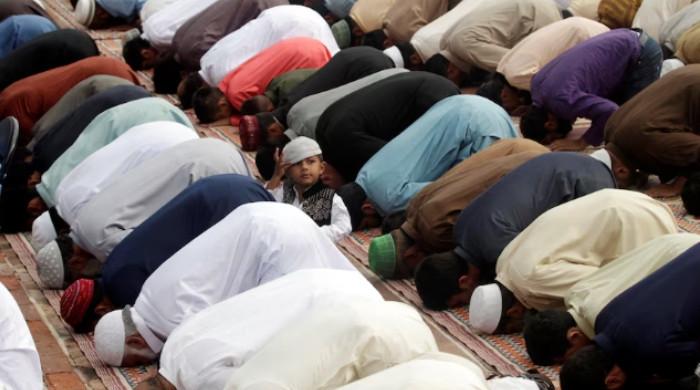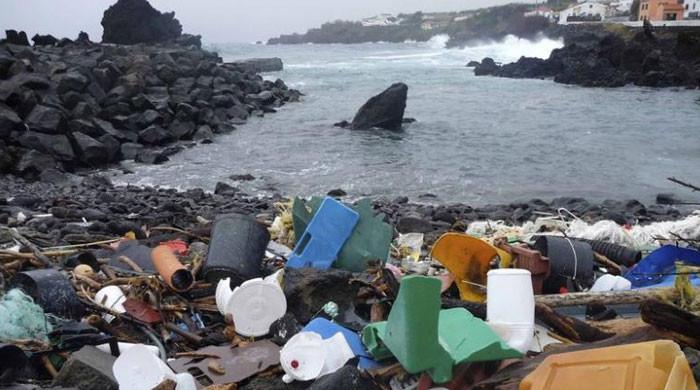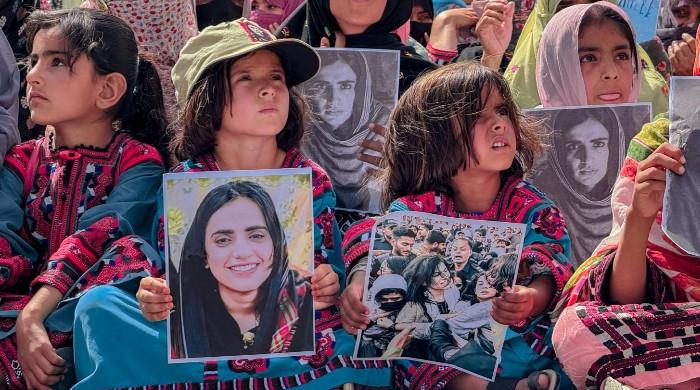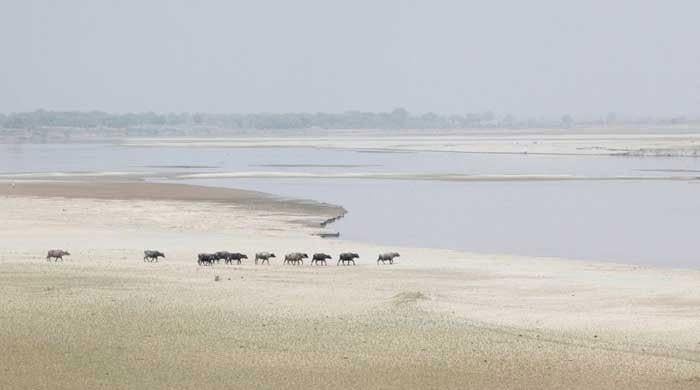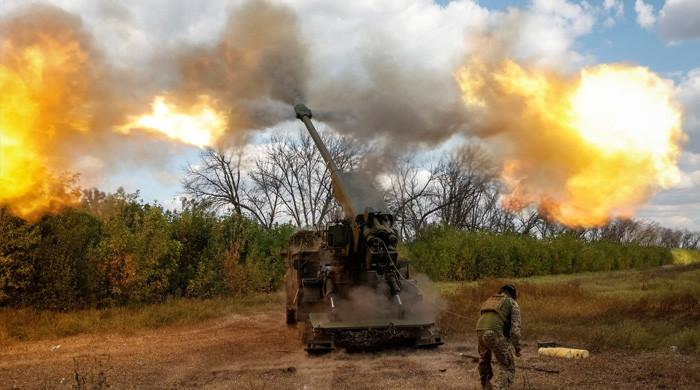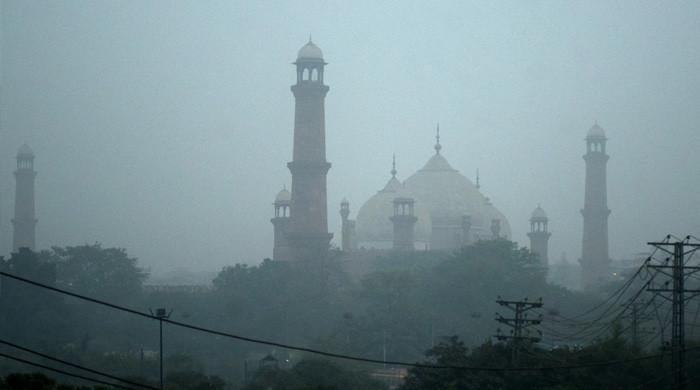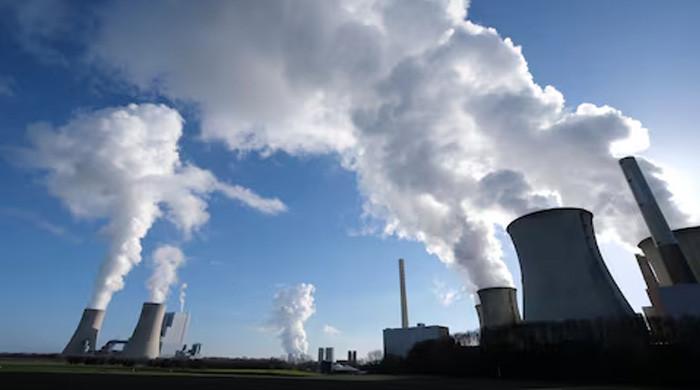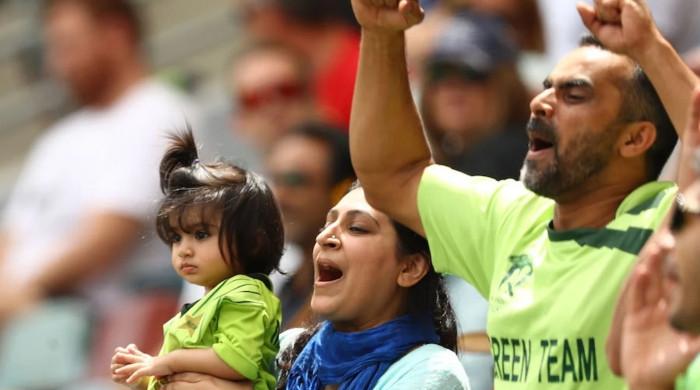Why did PM Shehbaz Sharif not increase oil prices?
Ruling parties end up taking same measures [...] that they have been opposing vehemently while sitting on opposition benches
April 19, 2022
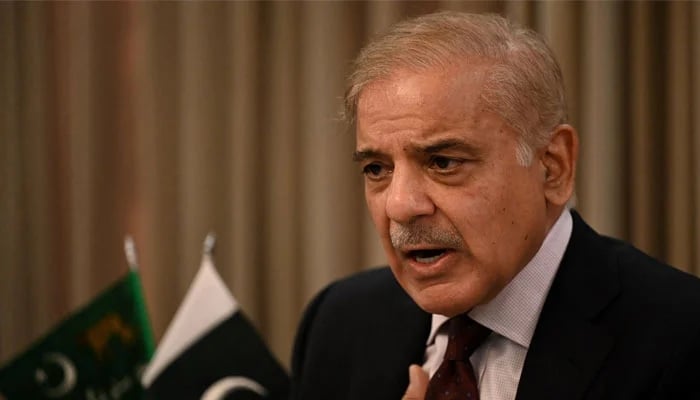
Endorsing the previous government’s relief package by turning down the summary of the Oil and Gas Regulatory Authority (OGRA) for an increase in prices, Prime Minister Shehbaz Sharif has decided to keep oil prices unchanged till May 1. It was an easy decision for him, as the formal engagement between his government and the International Monetary Fund (IMF) for the resumption of the ongoing programme is yet to start.
Political uncertainty is one of the reasons that led to an impasse with the IMF. The unpleasant events in Punjab last week have added to that uncertainty, which seems far from being over and will likely impact talks with the IMF.
No one knows whether the alliance government will complete its remaining tenure till August 2023 or call (or be compelled to call) early elections. Clarity on its remaining term would determine the keenness of Shehbaz Sharif’s government on the resumption of the IMF programme. If the government wants to stay in power for the next 15 months, it will aim to keep the IMF’s support on its side. However, if it is planning for (or is compelled to call) early elections, the focus would be on increasing popularity through populist measures, leaving the tough decisions to be taken after the next elections. In any case, whoever forms the government after the next elections should be ready for tough negotiations with international creditors, including the IMF.
In a highly polarised political environment where the polity is divided across all possible fissures, political parties must be careful not to politicise the economy. What goes around comes around. Once in government, the ruling parties end up taking the same measures (on almost every front, but especially on the economic front) that they have been opposing vehemently while sitting on the opposition benches.
Pakistan’s three major political parties went to the IMF while in power and availed the last three IMF packages – the PPP (2008-prematurely concluded in 2010), the PML-N (Sep 2013 to Sep 2016), and the PTI (ongoing since 2019).
A glance at the loan requests and corrective measures agreed upon (letter of intent) for the last three programmes written by PTI finance adviser Hafeez Sheikh and Governor State Bank (GSB) Reza Baqir in June 2019, the PML-N’s finance minister Ishaq Dar and GSB Yasin Answer in 2013, and the PPP’s finance adviser Shaukat Tarin and GSB Shamshad Akhtar in 2008 respectively have a lot in common.
Their diagnosis of Pakistan’s economic ailment remained almost the same – lack of implementation of much-needed structural reforms, not trying new avenues for domestic resource mobilisation, non-resolution of the inefficiencies and losses in state-owned enterprises (SOEs), fiscal operations by the State Bank of Pakistan (SBP), and the issue of energy circular debt.
The prior actions taken by them to show their seriousness about reforms are also quite similar. The PPP government increased the discount rate by 2%, the electricity tariffs by 18%, and agreed to issue only a pre-negotiated volume of treasury bills. The PML-N government gave a plan for phasing out Tariff Differential Subsidies (TDS), purchased $125 million in the foreign exchange spot market, undertook fiscal adjustment measures in the 2013 federal budget, and issued 10,000 notices to potential tax evaders.
Likewise, the PTI government’s prior actions included quarterly automatic tariff adjustment in the electricity sector and prompt adoption of the fiscal year 2020 gas tariffs; switching to a flexible, market-determined exchange rate; and undertaking fiscal measures in the 2020 federal budget. To get the last tranche released, it withdrew GST exemptions through a mini-budget and gave the SBP autonomy by amending the concerned law.
To address the common root causes of economic challenges, the end goals (structural benchmarks) agreed upon in the three programmes are similar.
To achieve macroeconomic stability, the PPP government had committed to bringing tax reforms and general sales tax harmonisation. It agreed to manage inter-corporate circular debt, increase electricity tariffs to eliminate TDS, and end the SBP provision for buying furnace oil. For fiscal discipline, it agreed to move to a single treasury account. And to insulate the public from the inflationary impacts of structural reforms, it had committed to strengthening the social safety nets.
The PPP government could neither fulfil its commitments nor complete the IMF programme – partly due to strong resistance from the PML-N, especially on GST harmonisation and hike in electricity tariff, and partly due to the devastating floods of 2010-2011.
The PML-N, despite its opposition to the PPP-led structural reforms, committed to similar reforms under its IMF programme. It pledged to enhance revenue administration, introduce a rationalisation plan for gas prices, give autonomy to the SBP, reduce SOEs losses, sort out the energy circular debt after a technical and financial audit, eliminate exemptions and concessions granted through SROs, chase tax evaders, and initiate revenue-based load-shedding in the remaining electricity distribution companies.
The PML-N had to face strong resistance from the PPP and the PTI for its structural reforms. However, it successfully concluded its IMF programme in September 2016, albeit with a dozen waivers. The waivers were exemptions it had to seek from the IMF for not fulfilling its commitments. In the run-up to the 2018 general elections, the PML-N government resorted to populist measures and a spending spree. It was clear that the winner of the polls had to go to the IMF once again.
The PTI government wasted its first year avoiding going to the IMF and tried to tackle the current account deficit with the help of friendly countries. However, one-off deposits from friends are not a substitute for the structural reforms necessary to stop economic haemorrhage. The economic woes became worse and the PTI government had to go to the IMF in 2019 with the commitment of not giving further tax amnesties, improving anti-money laundering/counterterrorism financing laws, providing autonomy to the SBP, coming up with triage for SOEs, and strengthening social safety nets.
The PTI’s IMF programme had just started when COVID-19 halted its implementation. It resumed implementation last year but faced severe criticism from the PML-N and PPP, especially on increasing energy prices, withdrawing GST exemptions, and giving autonomy to the SBP.
With a change of guards on the treasury benches, the PMLN-led and PPP-backed government will be trying to resurrect the ‘PTI’s IMF programme’ – amidst criticism from the PTI. The three major political parties are well aware of Pakistan’s economy’s chronic issues. Each one of them has tried to address these issues while in power and has opposed the same corrective measures while in opposition.
Anyone among the three could lead the government after the next elections and be expected to address Pakistan’s economic challenges. It will make their life easier tomorrow if they forged a consensus today on the ‘economic way forward’. This can be done by constituting an ‘Economic Security Council’ in parliament (members from the Senate and National Assembly). This council may comprise an equal number of parliamentarians from major political parties with economic/energy management experience.
For instance, the council may include Shaukat Tarin and Shibli Faraz from the PTI, Saleem Mandviwalla and Naveed Qamar from the PPP, Ayesha Ghuas, and anyone among Musadik Malik, Shahid Khaqan Abbasi, Khawaja Asif, Khurram Dastgir or Ahsan Iqbal from the PML-N. The minister/adviser for finance could be an ex-officio member.
The council should deliberate upon economic challenges and take collective ownership of the much-needed policy and structural reforms – with or without an IMF programme. It should also forge a consensus on possible relief measures to insulate the people of the country from the ripple effects of such reforms and suggest measures to strengthen the existing social safety nets.
Such a forum or any other triparty forum on the economy in parliament would provide much-needed certainty to the development partners and people of Pakistan amidst the ongoing political uncertainty.
The writer heads the Sustainable Development Policy Institute. He tweets @abidsuleri




